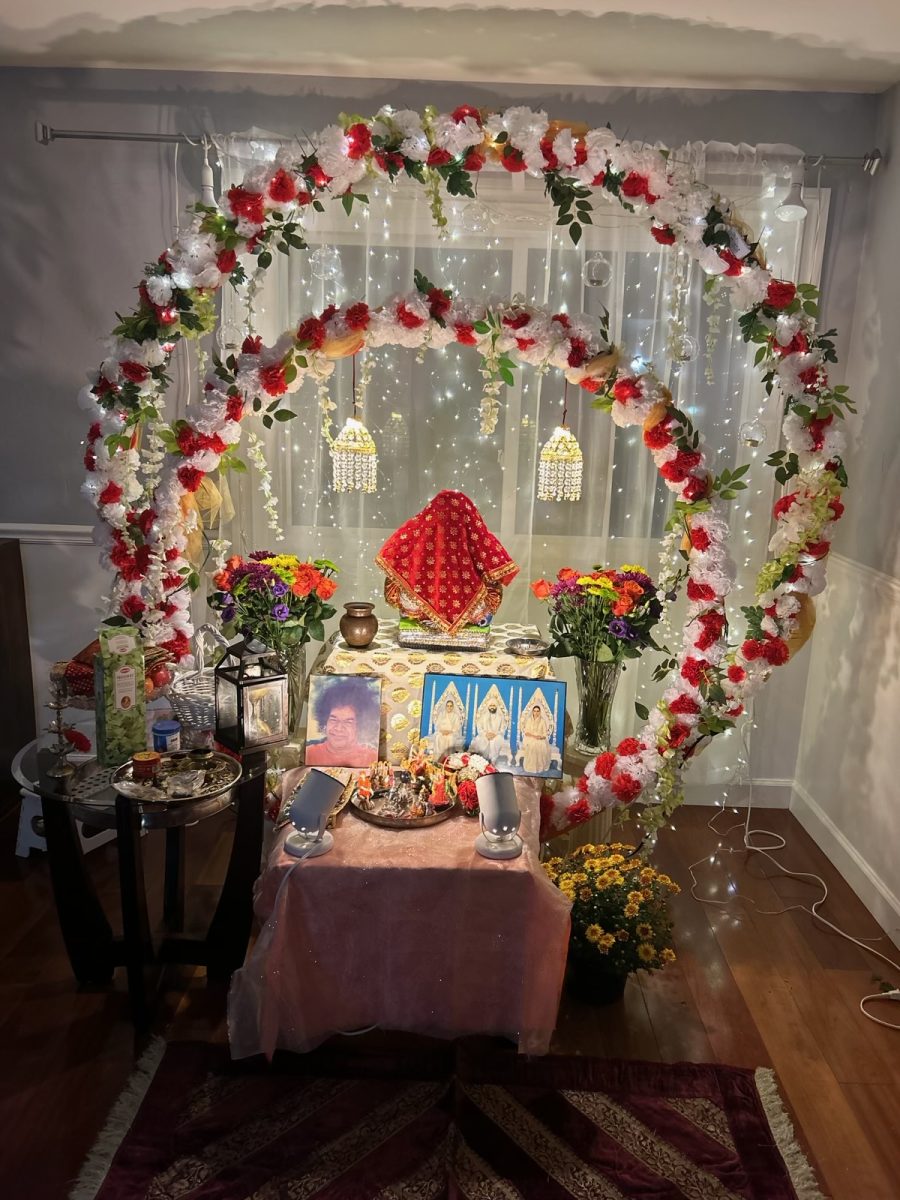Rushing out the door, I quickly press my palms together to say my prayers for the important day before I put on my shoes. It’s Diwali, a Hindu holiday that often requires food, decorations, and hours of prayer. Though I’d like to stay for the days’ festivities, I have to be at school, as there aren’t days off built into the calendar to accommodate for my religion.
It’s important that our school calendar reflects these holidays, allowing for an environment where students don’t feel the need to choose between enjoying religious traditions and performing well academically.
Recently, the calendar committee discussed a calendar for the next school year that would only take Christian holidays off as non-attendance days. As somebody who wants to see additional holidays added on to the calendar, this feels like a step back from achieving the DARING mission: a mission that values diversity so highly.
Anara Katzman (9), a member of JSU (Jewish Student Union), shared her concerns about the potential calendar.
“Personally, with the new calendar system, I would be missing quite a bit of school for Yom Kippur and Rosh Hashanah…Missing school is hard enough; missing school for something that everyone should be given feels particularly insulting,” said Katzman.
Missing so much school leads me to be behind, but missing my religious traditions leaves me feeling even more distant from my culture.
Abhishek Kakde (12) agrees, addressing the lack of inclusivity this calendar would promote.
“I think it’d be really inconsiderate to all other religions…[the calendar] wouldn’t take into account the diversity our school has,” said Kakde.
Paarth Keswani (12), a Hindu, shared his reasons for needing days off on his religious holidays.
“[As] Hindus, we have to go to temple at certain moments, and we have to be there for hours. We still have to get homework done, but it’s a little harder to do,” said Keswani.
As a Hindu, I know first-hand how meticulous it can be to carry out these traditions, and as years go by, I feel I am sacrificing these experiences for my academic performance.
Instead of participating in rangoli, I sit in calculus. Instead of lighting diyas, I hunch over my homework. Instead of eating prasad, food offered during prayer, I sit in the school cafeteria.
“When there is this holiday going on, Navratri, we have to fast for it. I don’t eat much food, and I’m restricted in eating certain foods, so I’m not able to be at my academic best,” said Keswani (12).
It has been years since I’ve participated in fasting during the school day. With so much going on at school, it’s difficult to go without eating and perform well in assignments at the same time.
Losing these practices in my life has made me prioritize grades over my cultural heritage.
Students brought up this concern at the Sept. 26th board meeting, with twenty-two people going up for public comment. Among them were adults in the district, such as religious leaders and parents.
“It was especially important for the school board to see that not just students but adults, taxpayers, care about this issue, too. I think that getting involved with clubs like JSU, ISA, MSA, etc. would help show support to fellow classmates that would be affected,” said Katzman (9), who attended the meeting.
On Thursday, Oct. 26, students were given the opportunity to stop in the library classroom during their lunch periods to join Larry Varn in conversation about the new calendar. This is a step towards creating opportunities for all voices to be heard and represented.
My hope is that with more student voices, more decisions will come to be centered around the needs of students.

